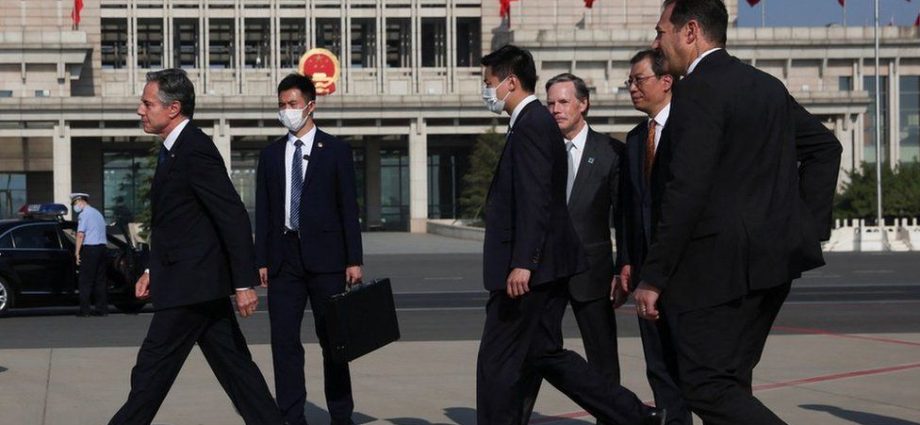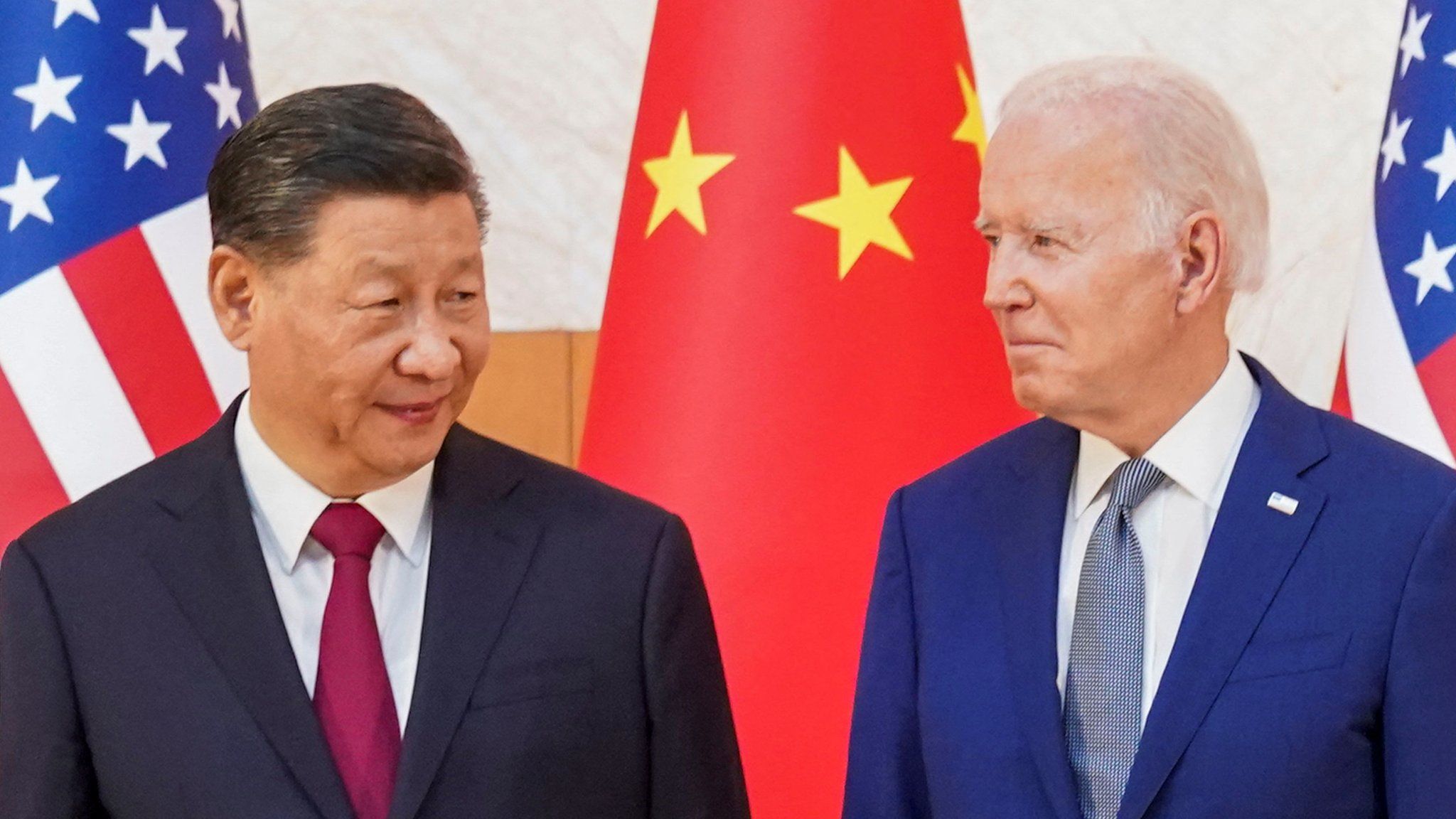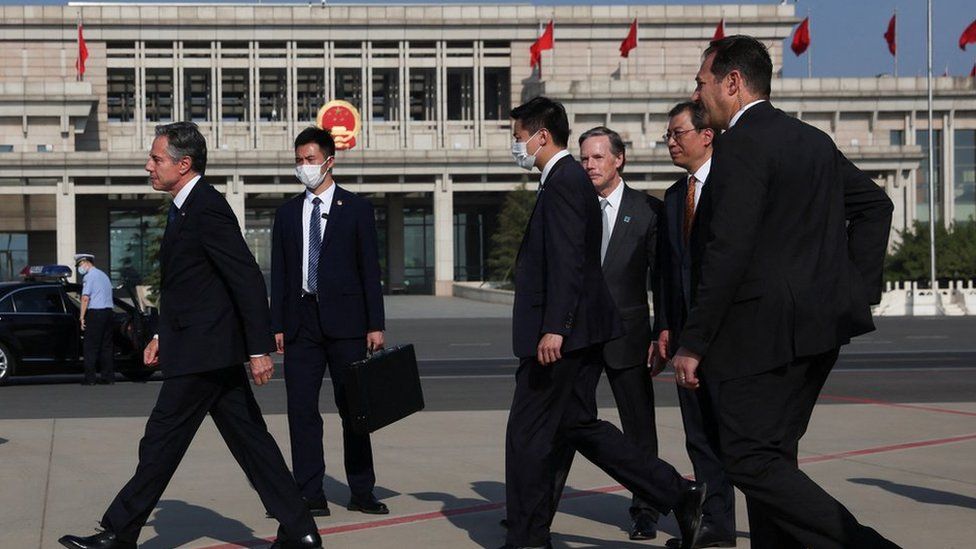
US Secretary of State Antony Blinken has arrived in Beijing for two days of meetings with Chinese officials.
The trip marks the first visit by an American diplomat to China in almost five years.
US officials say the main goal of the talks is to stabilise a relationship that has become extremely tense.
It comes nearly five months after an earlier Blinken visit was postponed, following the flight of a suspected Chinese spy balloon in US airspace.
The US has been lowering expectations for the visit and both sides have made clear they do not expect any major breakthrough.
The goal, US officials say, is to reopen lines of high-level communication and stabilise relations that have become strained since the balloon incident.
China has staged military exercises near Taiwan, which Beijing views as an integral part of China. The US maintains close ties with Taiwan’s democratically-elected government.
There is a full agenda, including meetings with Chinese Foreign Minister Qin Gang and senior Chinese foreign policy official Wang Yi.
The war in Ukraine, trade disputes over advanced computer technologies, the fentanyl drug epidemic in the US and Chinese human rights conduct are all topics the Americans expect to be discussed.
Chinese officials have reacted coolly to Mr Blinken’s visit, questioning whether the US is sincere in its efforts to mend relations.
It is not clear whether he will meet Chinese President Xi Jinping.
Mr Blinken is the highest-ranking US government official to visit China since President Joe Biden took office in January 2021.
“If we want to make sure, as we do, that the competition that we have with China doesn’t veer into conflict, the place you start is with communicating,” Mr Blinken told reporters on Friday.
Later he said he hoped to meet President Xi in the next several months.
A meeting between President Biden and Xi Jinping in November briefly eased fears of a new Cold War, but since the balloon incident high-level communication between the two leaders has been rare.
Related Topics
-
-
7 hours ago
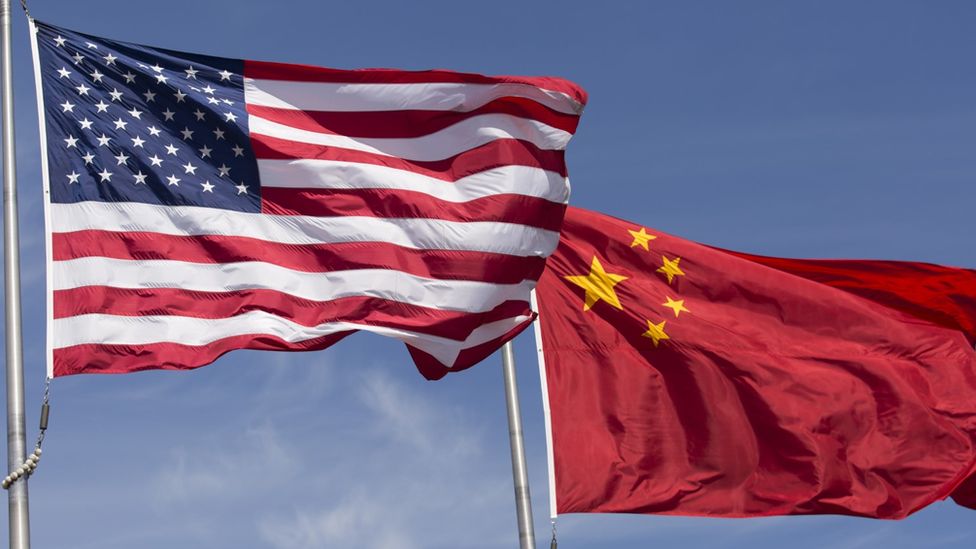
-
-
-
3 November 2022
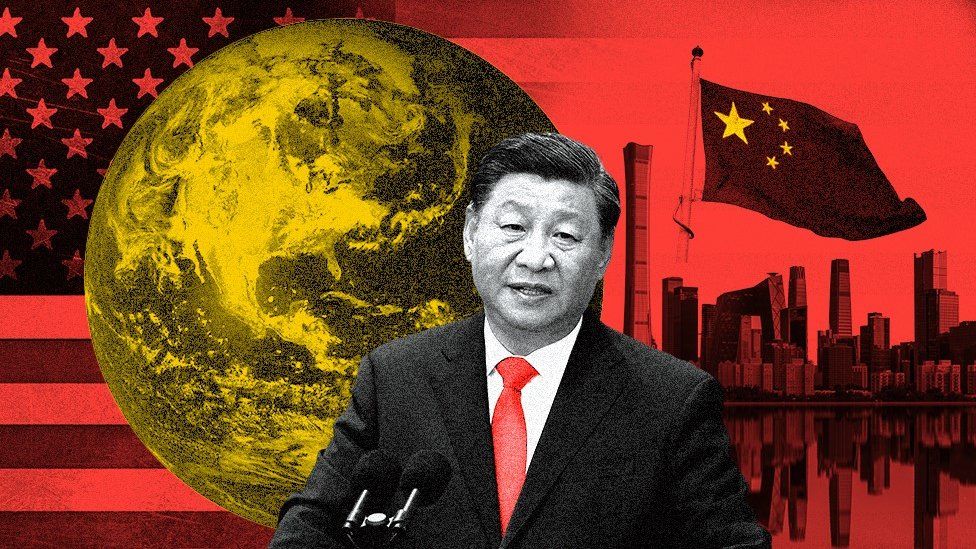
-

